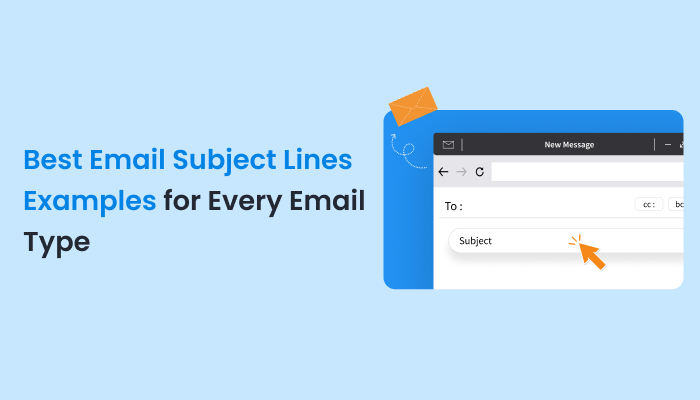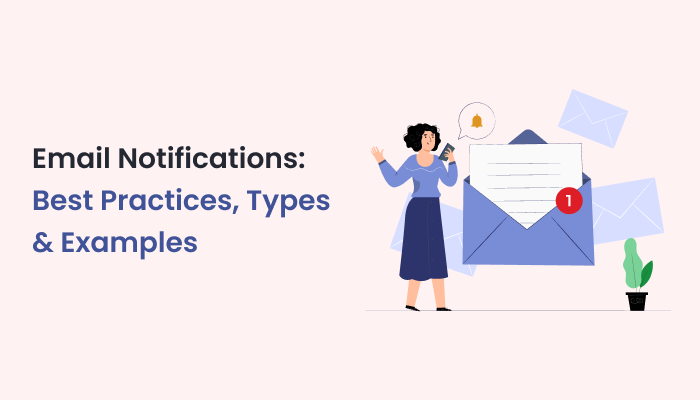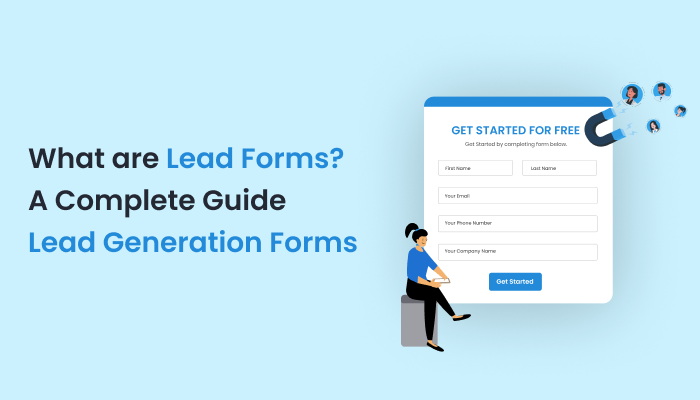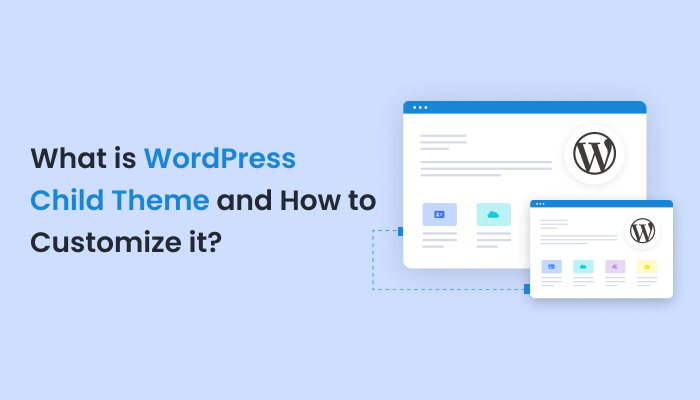Boost your open rates with these best email subject line examples, smartly categorized to inspire your next winning email campaign.
Email Notifications with best practices, types, and real-world examples to boost engagement, conversions, and user experience.
What are popups? Learn their benefits, types, and best practices to boost engagement, increase conversions, and enhance user experience
What are Lead Forms? This guide covers everything about Lead Generation Forms, how they work, & how to use them easily to generate more leads
Learn how to create a WordPress child theme. Follow this guide to customize your theme safely without losing changes during updates




